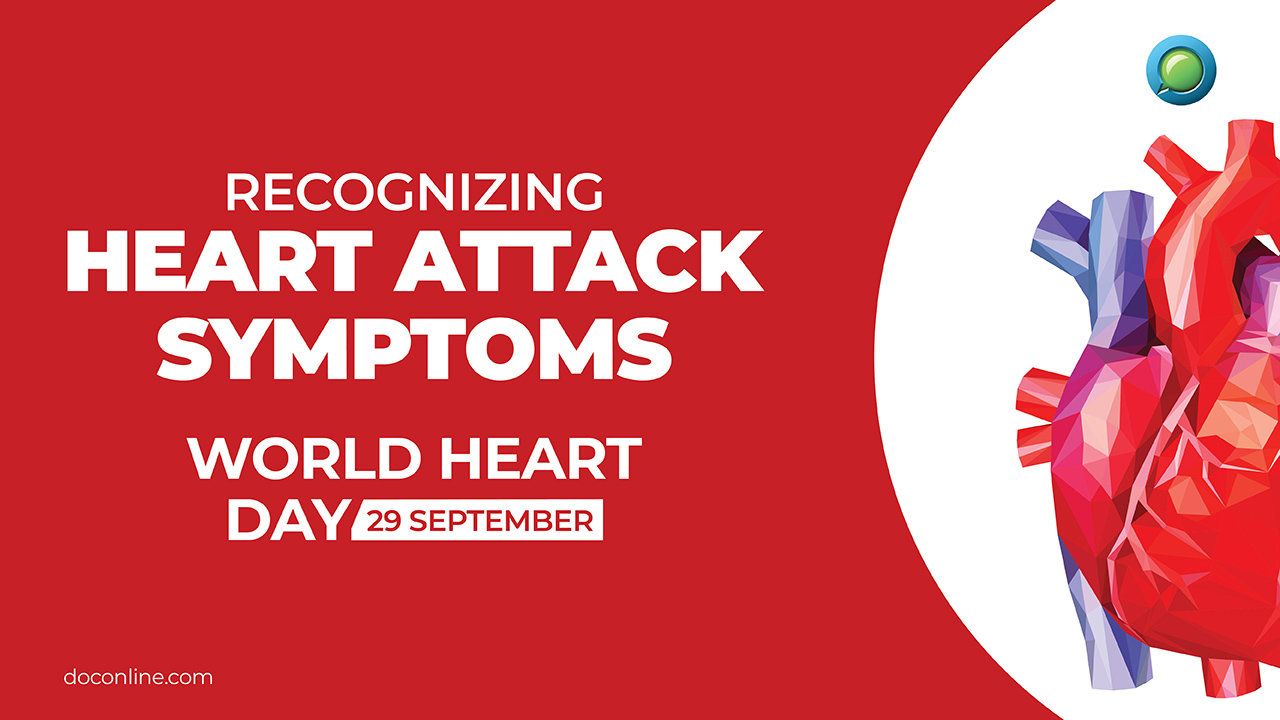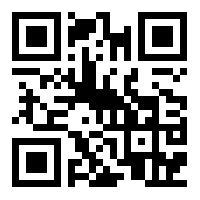Every year, on September 29th, the world comes together to observe World Heart Day – a global initiative aimed at raising awareness about cardiovascular health and encouraging individuals to make heart-healthy choices.
A heart attack, also known as a myocardial infarction, occurs when blood flow to a part of the heart is blocked, leading to permanent damage to heart muscle cells. Being able to recognize the symptoms of a heart attack can save lives, as timely intervention significantly improves the chances of survival and reduces the risk of long-term complications.
Common Heart Attack Symptoms
- Chest Pain or Discomfort: The most common symptom of a heart attack is a feeling of pressure, tightness, or pain in the chest. This discomfort may last for a few minutes or come and go.
- Pain Spreading to the Arms, Neck, or Jaw: The pain might radiate from the chest to the arms (usually the left arm), neck, jaw, back, or even the stomach. This pain can be sudden and intense.
- Shortness of Breath: People experiencing a heart attack may struggle to breathe, often accompanied by a feeling of impending doom.
- Cold Sweats and Dizziness: Profuse sweating, clammy skin, and a feeling of lightheadedness or dizziness are signs that shouldn't be ignored.
- Nausea and Vomiting: Some individuals may experience nausea, vomiting, or indigestion-like symptoms during a heart attack.
- Extreme Fatigue: Unexplained fatigue, especially in women, can be a symptom of a heart attack. Feeling excessively tired even after minimal exertion is a cause for concern.
Immediate Action Matters
On noticing any of these symptoms, it's essential to take action promptly:
- Call Emergency Services: If you or someone around you is experiencing symptoms that could indicate a heart attack, call emergency services immediately. Quick medical attention can be a lifesaver.
- Chew Aspirin: If you suspect a heart attack, and you're not allergic to aspirin, chew a regular, uncoated aspirin (325 mg) to help reduce blood clotting.
- Stay Calm and Rest: While waiting for help to arrive, try to remain as calm as possible. Sit down, rest, and avoid any strenuous activity.
World Heart Day serves as a reminder that our heart health deserves our attention and care. Recognizing heart attack symptoms is an integral part of this awareness. By knowing the signs and acting swiftly, we can improve the outcome for ourselves and our loved ones. Heart attacks are time-sensitive medical emergencies, and every minute counts.













